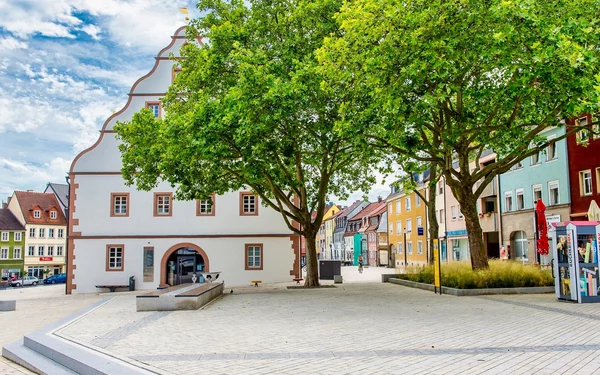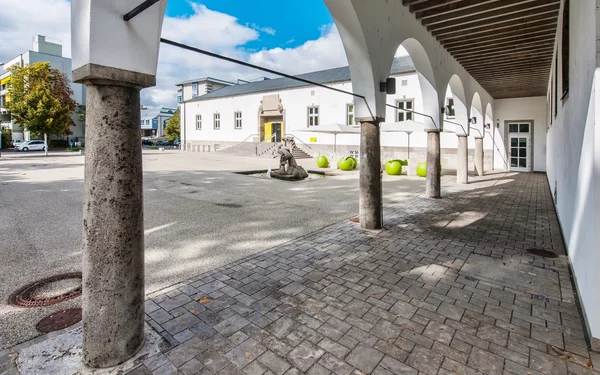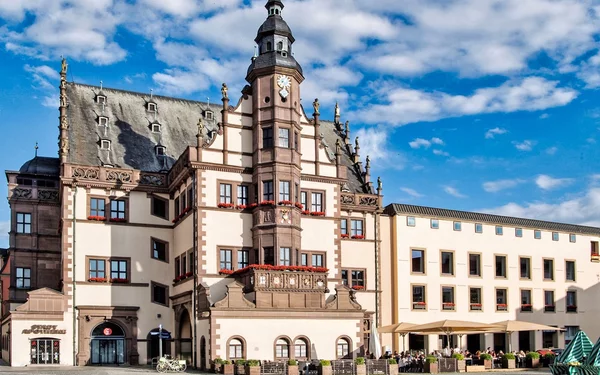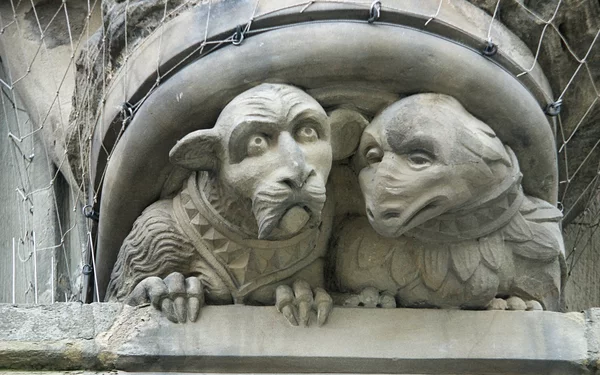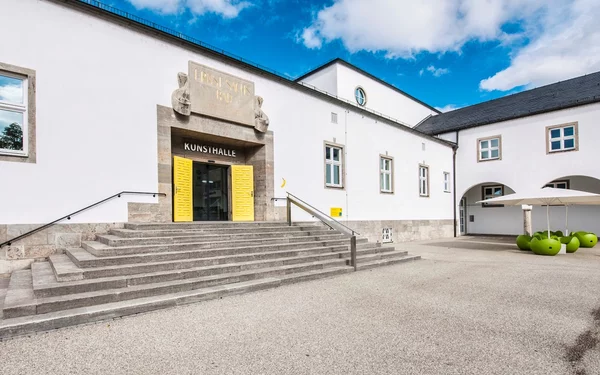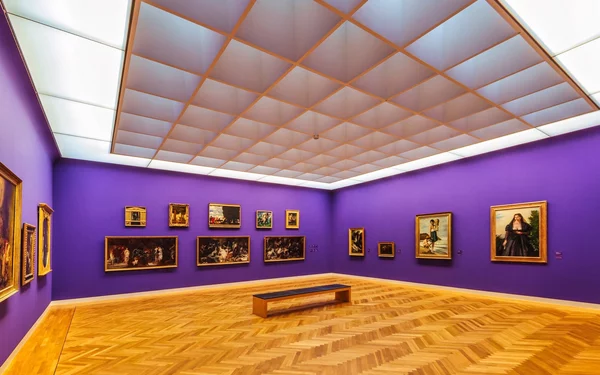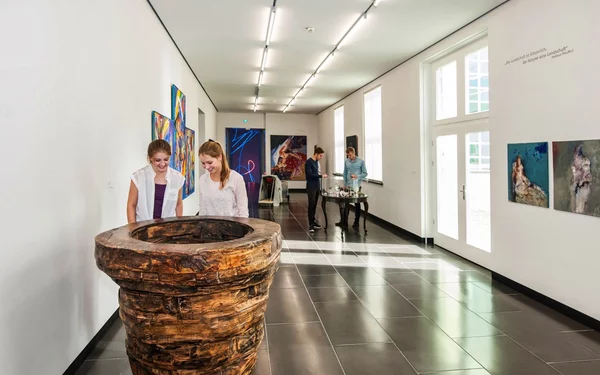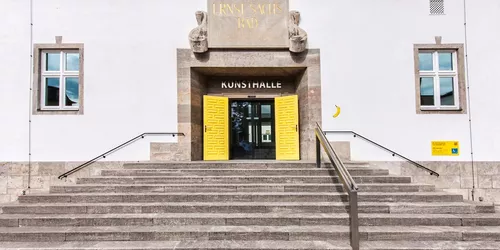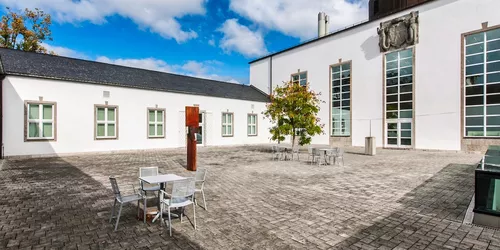Schweinfurt's art treasures
Exceptional museum hopping on the Main! This walk through the city is perfect for culture lovers. Discover Schweinfurt's art treasures - from the Renaissance and Rococo to the present day.
Schweinfurt
2 h
4 km
In Schweinfurt, the visual arts and architecture are closely linked. On this tour, you will discover how art comes into the swimming pool and how well historical and modern architecture can harmonise in a city and even in a single building ensemble. You will learn about the contributions that industrialists and inventors such as Georg Schäfer and Ernst Sachs have made to enrich the city's culture to this day. The walk spans an arc from the Renaissance and Rococo to the present day and from Carl Spitzweg and Caspar David Friedrich to contemporary art.
A city tour for culture lovers and explorers
Start and end station
Start station
Schweinfurt-Mitte
2 tour steps
4 km / 2 Stunden
End station
Schweinfurt-Mitte
Our tip: Please make sure to check your train connection and the expected capacity before you start your journey.
Schedule
Tour starts on Schweinfurt-Mitte
Direction
From Schweinfurt-Mitte station, find your way to the banks of the Main, which you follow round to the left. Where today you can stroll along the Gutermann Promenade and admire works of art made of concrete, ships used to be pulled along the river, a job known as towage.
You pass the industrial monument to the world's first roller weir on your left. On the right, you will see the lock island, which was separated from the Main island of Bleichrasen by the construction of the lock canal. At the end of the lock island, a tubular steel sculpture by the Matschinsky-Denninghoff couple puts you in the mood for the artistic theme of this tour. The promenade leaves the banks of the Main here.
Turn left at the Natural History Museum and enter Schweinfurt's old town centre. On both sides of Brückenstraße, you are greeted by a remarkable ensemble of buildings that skilfully combines medieval and contemporary architecture. It is made up of the municipal library, the main customs office, the Bavarian State Social Court and the first destination on this tour: the literally outstanding Georg Schäfer Museum.
Brückenstraße 20
97421
Schweinfurt
Direction
Rüfferstraße 4
97421
Schweinfurt
